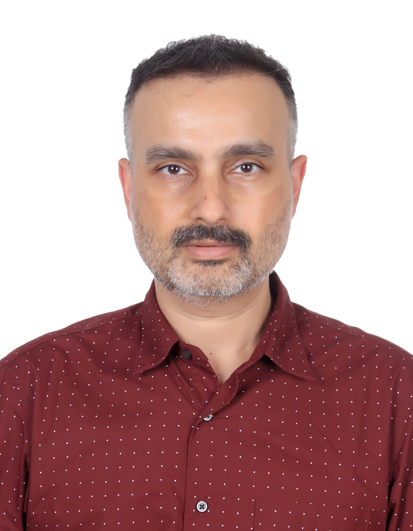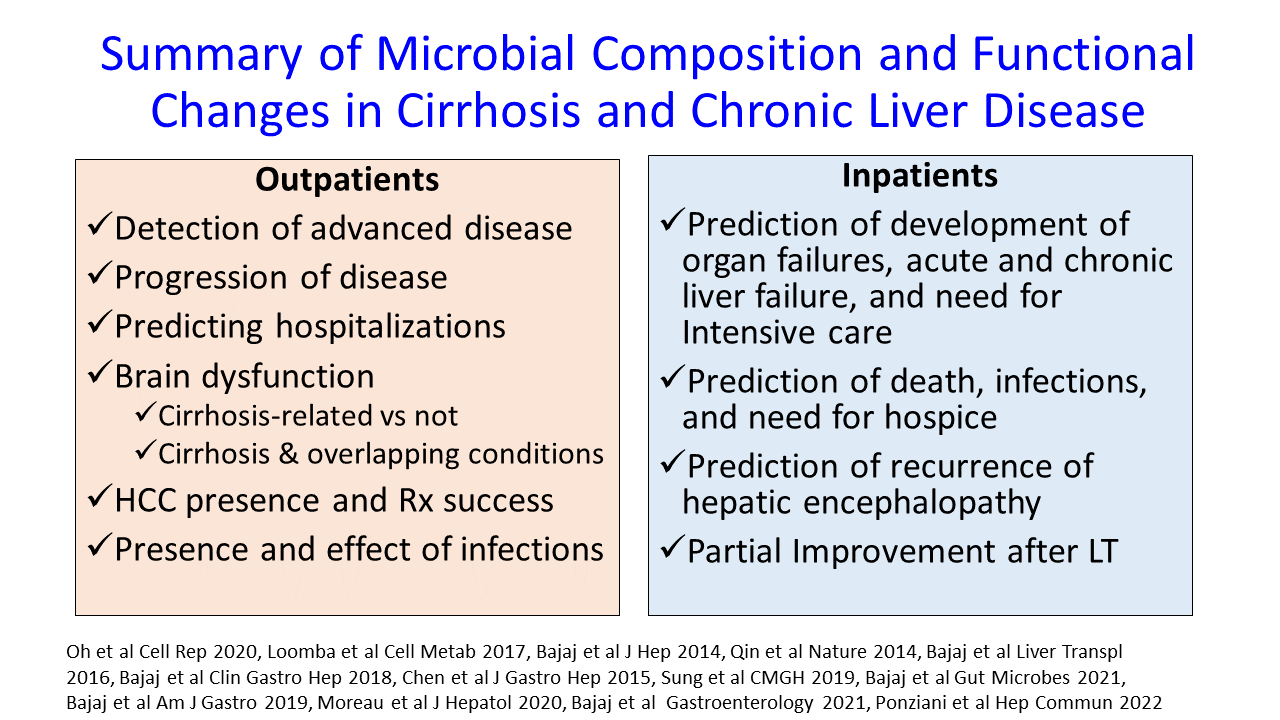The microbiome is an important player in the progression of liver disease, according to Jasmohan Bajaj, MD, professor of medicine at Virginia Commonwealth University and Richmond VA Medical Center. Dr. Bajaj speaks on this topic during Digestive Disease Week® (DDW) 2023.

“The microbiome is complicit in liver disease progression,” said Dr. Bajaj. “We know that patients with liver disease exhibit changes in their gut microbiome. Paying attention to the microbiome and ensuring that you do not disrupt it further are important considerations for patients with cirrhosis.”
Dr. Bajaj focuses on the impact of the microbiome in cirrhosis and its complications, discussing both the bacterial and non-bacterial components of the microbiome, including fungi, viruses and archaea. These non-bacterial components can have a major impact on bacterial populations and directly on human health, he said.
Alterations in the microbiome are emerging as potential biomarkers in patients with cirrhosis, according to Dr. Bajaj. Several associations between microbial composition and disease outcomes and complications in patients with cirrhosis or chronic liver disease have been observed, including:
- Advanced disease and disease progression
- Brain dysfunction
- Hepatocellular carcinoma
- Infections
- Prediction of severe outcomes in the in-patient setting, including organ failure, the need for intensive care, recurrence of hepatic encephalopathy and death.
“Specific microbes and their products can promote progression to cirrhosis, development of complications and susceptibility to infections,” he said. “The microbiome could therefore serve as a predictive or prognostic biomarker as well as a therapeutic target.”
There are several mechanisms by which the microbiome can contribute to liver disease and its complications, according to Dr. Bajaj. Some of these factors include:
- Bacterial toxins can affect liver function.
- Microbial dysbiosis can impair the gut barrier function, thus promoting systemic inflammation and infections, and ultimately leading to decompensation and liver failure.
- Impairment of the gut-brain axis may result in hepatic encephalopathy and addiction.
- Microbiota can contribute to antibiotic resistance, an important cause of death in patients with cirrhosis and in hospitalized patients with alcohol-associated hepatitis.
In addition to promoting disease, some components of the microbiome can also protect against liver disease and related complications. Some microbial taxa, such as Lachnospiraceae and Ruminococcaceae, have been associated with improved outcomes in patients with liver disease, according to Dr. Bajaj. “Some communities of microbiota can generate beneficial products, such as short-chain fatty acids,” he said. “Other microbes can promote resistance against colonization with pathogens.”
Current therapies used that affect the microbiome include antibiotics, proton pump inhibitors, as well as therapies for hepatic encephalopathy such as lactulose and rifaximin.
Preliminary studies have shown that modulating the gut microbiome may improve outcomes in patients with liver disease, but Dr. Bajaj stresses that designer microbial therapies are not yet ready for the clinic for liver disease. Gastroenterologists must continue to focus on addressing the underlying liver disease while considering the impact of diet and medications on the microbiome. He notes four key pieces of advice for gastroenterologists to encourage a healthy microbiome in their patients:
- Advise patients to get regular dental cleanings and avoid periodontitis. The oral cavity is emerging as an underappreciated source of inflammation in cirrhosis.
- Encourage intake of fermented dairy products and whole grains, which are associated with higher bacterial diversity in the gut.
- Reduce the use of antibiotics, which could encourage fungal infections and post-liver transplant infections.
- Withdraw unnecessary proton pump inhibitors, which have been associated with decreasing bacterial diversity in the gut.
Dr. Bajaj’s oral presentation, “Microbiome and liver disease: the gut actually matters” on Sunday, May 7, at 2 p.m. CDT is part of the session “AASLD Microbiome and Liver Disease: The Gut Actually Matters.”
Access to session recordings
If you’re attending DDW, your registration includes access to a recording of this session, available to watch at your convenience until May 17, 2024. Session captures will be released 24 hours after the session ends. Non-attendees can also purchase access to DDW On Demand to watch session recordings after DDW ends.




